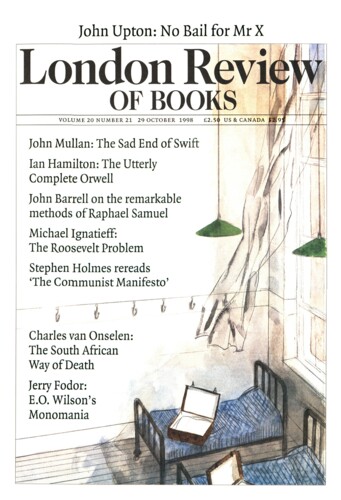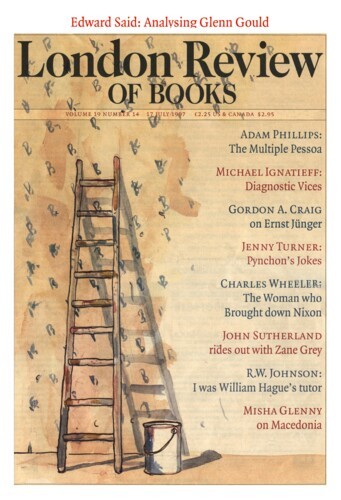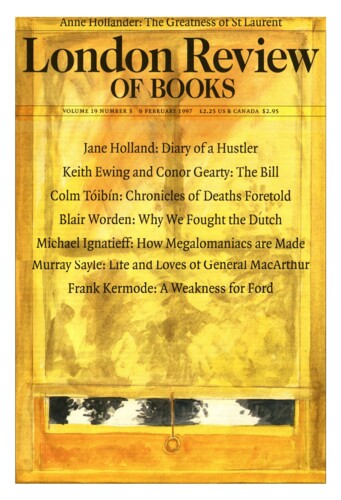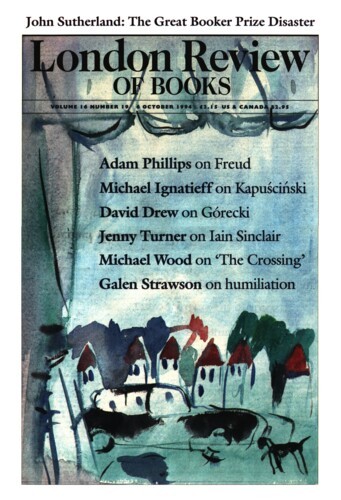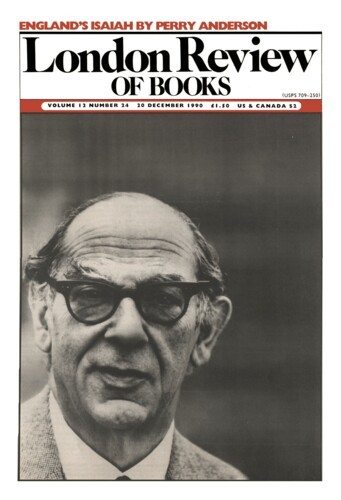How liberals misread their own history: The Roosevelt Problem
Michael Ignatieff, 29 October 1998
To be a liberal in Europe is a frustrating business. In Britain Liberal Democrats can only stand by and fume while Blair’s Third Way steals liberal nostrums and enlists them in the service of a new centrist consensus designed to keep Lib Dems on the margins for ever. In Germany, the liberals have gone from being the king-makers of the Kohl era to bystanders in Schröder’s. In Jospin’s France, it is not possible to be a genuine liberal at all. The word itself has collapsed into a synonym for ‘neo-liberal’, which means rabidly free market.‘
